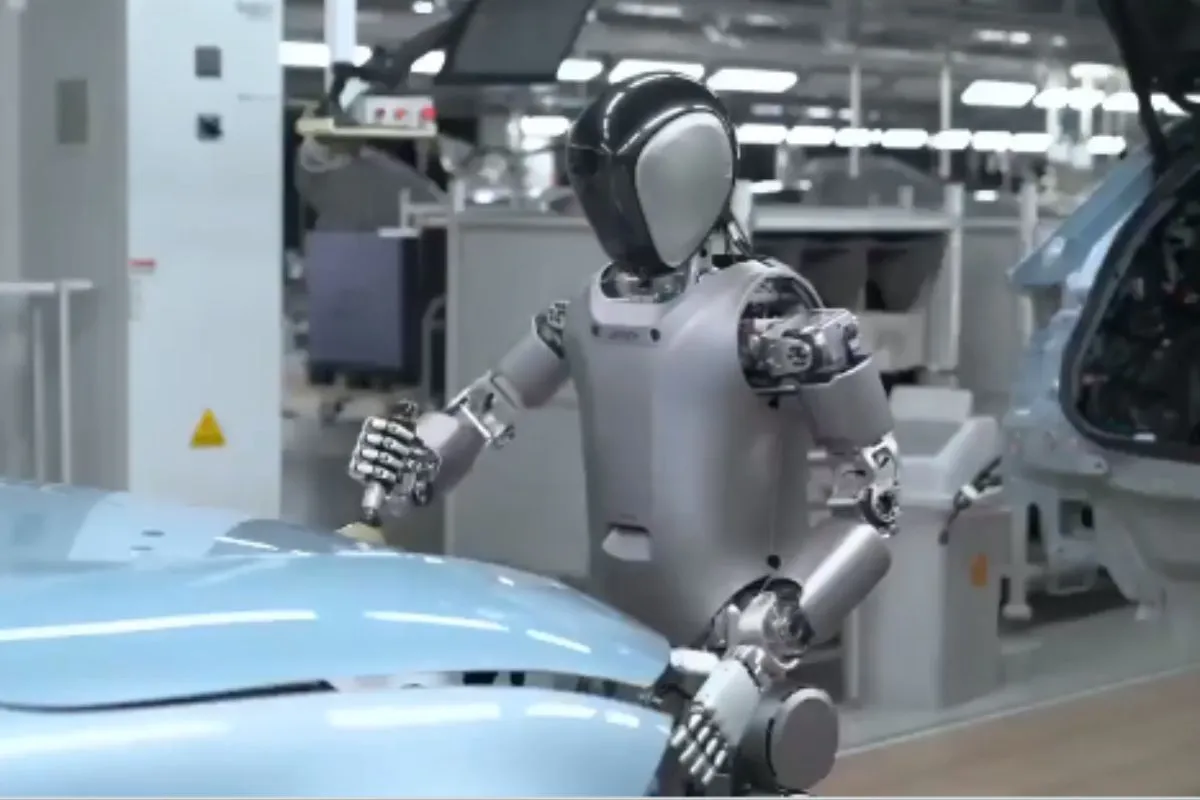Auto Industry Jobs: In a recent development at the NIO factory, a Chinese company showcased a highly advanced humanoid that inspects vehicles with the utmost perfection. The humanoid, equipped with state-of-the-art technology, was recently observed seamlessly conducting quality assessments on vehicles. The perfection of these humanoids sparks concerns about the potential impact on employment within the auto industry.
Traditionally, vehicle inspections in manufacturing plants have been carried out by a significant human workforce. However, advanced robotics and artificial intelligence have introduced a new player into the field. The humanoid developed by the Chinese company combines machine learning, computer vision and robotic capabilities to perform inspections with precision and efficiency.
Chinese Humanoids on X
An X user @srsnews2022 shared a video of a Chinese humanoid working on the NIO factory. In the shared video, the level of perfection of these advanced humanoids is apparent. These robots perform activities such as checking seat belts, rear light covers and door locks with the utmost ease.
How These Humanoids Will Impact Auto Industry Jobs?
The deployment of these humanoids in vehicle inspections raises questions about the future of jobs in the auto industry. The efficiency and accuracy these machines demonstrate have the potential to replace a substantial portion of the existing workforce dedicated to inspection tasks. While the integration of such technology promises increased productivity and streamlined processes, it simultaneously poses challenges for the human labour force.
The impact on jobs depends on multiple factors. On one hand, the adoption of humanoid robots in vehicle inspections can lead to increased speed and accuracy in the assessment process. Manufacturers may benefit from reduced costs and enhanced overall efficiency. On the other hand, the human workforce currently engaged in these roles faces the risk of redundancy which raises questions about the social and economic implications of automation in the industry.
The introduction of advanced robotics threatens to reshape jobs in the automotive industry which potentially leads to job displacement for those traditionally involved in manual inspection tasks. While these humanoids will rarely impact the managerial positions in the auto market.
Keep watching our YouTube Channel ‘DNP INDIA’. Also, please subscribe and follow us on FACEBOOK, INSTAGRAM, and TWITTER.
